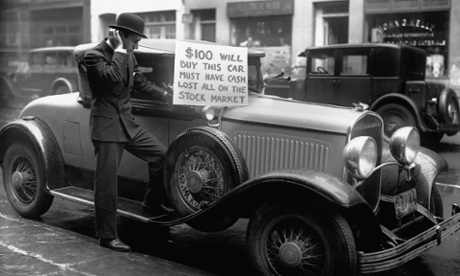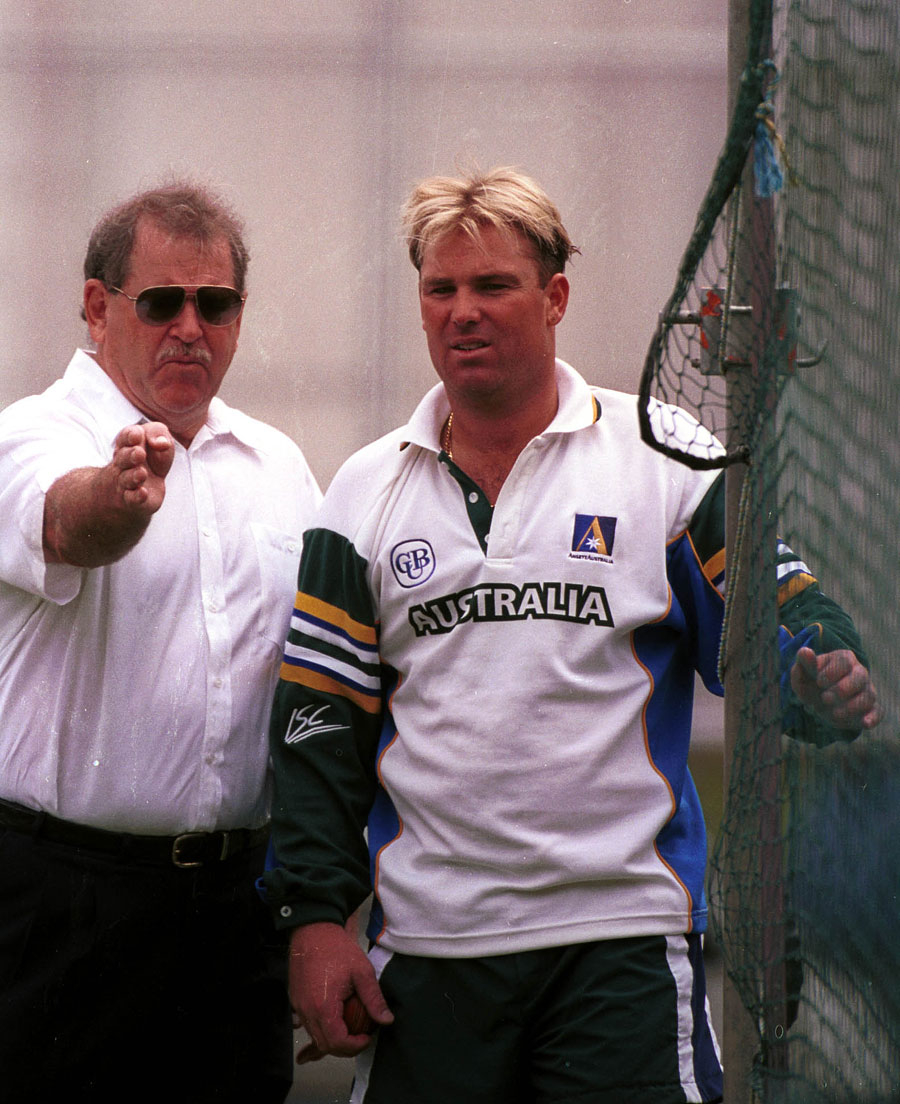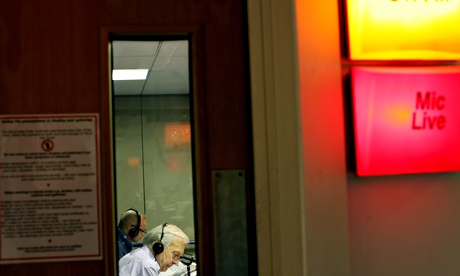
A treatment of injections that can help people lost a stone more than they normally would by dieting or exercising more has been approved by health watchdogs.
Liraglutide, which has been described by doctors as life-changing, could be available on prescription in months.
Slimmers typically lose almost a stone more than they would by simply watching how many calories they consume and doing more exercise.
Trials showed that some severely obese patients lost so much weight they were able to abandon their wheelchairs and walk normally for the first time in years.
Liraglutide also lowers blood pressure, raises good cholesterol and prevents diabetes.
According to its makers, Novo Nordisk of Denmark, the drug even produces a 'feel-good factor', making dieting a pleasure.
But some experts have already warned it does not provide a long-term solution to the growing problem of obesity in Britain.
Novo Nordisk will apply for it to be prescribed on the NHS after Friday’s ruling by the European drugs regulator that it is safe and effective.
There are fears however that Nice – Britain’s drugs rationing body – will judge it too expensive for routine use on the NHS.
Liraglutide costs from £2.25 a day, which is roughly double the price of Orlistat, the only other prescription diet drug.
Patients inject the drug into their stomach before breakfast every day. It works by suppressing appetite.
Liraglutide, which will be given the brand name Saxenda, is already used at a lower dose to treat diabetes. It is based on a hormone found in the gut and sends signals to the brain that trick it into feeling full.
As a result, people eat 10 per cent less food than normal.
Trials of Liraglutide found that men and women who injected themselves daily lost an average of 19lb in 12 months. This is almost a stone more than they would lose by being on a diet and increasing the amount they exercise.
Furthermore one third or those who took part in the trials shed 23lb – more than a stone and a half. For a 14 stone woman that kind of weight loss would usually mean dropping two dress sizes.
The drug which, like insulin, comes in an injectable pen, also has such a significant effect on blood pressure that patients can dispense with the drugs they use to keep it under control.
Like Orlistat, its prescription is likely to be limited to those who are obese or who are overweight and have another health problem such as high blood pressure.
Mike Lean, professor of human nutrition at Glasgow University, told the Mail: "Liraglutide is absolutely life-changing for many of our most difficult-to-manage patients. Most do well, and some amazingly well. And it is extraordinarily safe, at least over the two to three years for which we have good evidence, with no signals to suggest serious side-effects.
"The only real downside is that it is jolly expensive."
Professor Jason Halford, former president of the UK Association for the Study of Obesity, said: "It is potentially very exciting. The real benefit of it is that it is targeting appetite. It strengthens the effects of satiety."
Obesity levels have doubled over the past two decades, making the UK the second-fattest nation in Europe.
Extensive research has found that being obese can lessen person's lifespan by as much as nine years and raise the risk of a host of health problems including diabetes, heart disease, stroke and cancer.
Tests have shown that dieters taking liraglutide lose almost twice as much weight as those on Orlistat.
However, Professor Iain Broom, director of the Centre for Obesity Research at Robert Gordon University in Aberdeen, said that drugs were never going to provide a long term answer to obesity.
He said: "Until society changes and the Government’s relationship with the food industry changes and the food industry itself changes, we are not going to get anywhere very fast."
The European Commission is expected to approve the drug’s licence within the next two months, paving the way for it to go on sale. Novo Nordisk says it could be launched in Europe, including the UK, this year.





